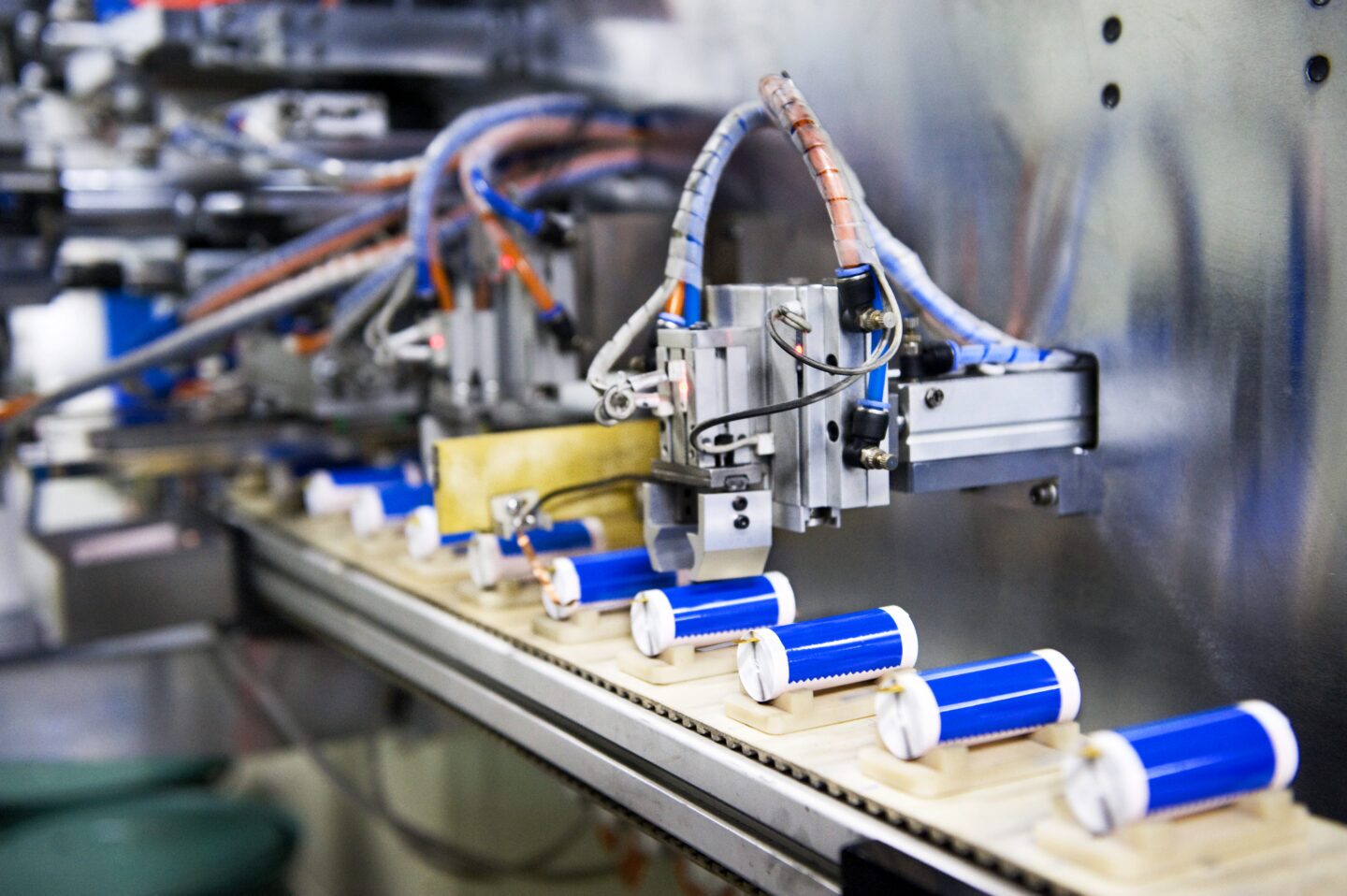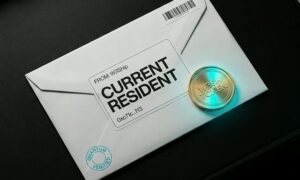Lithium batteries transformed the energy storage market, powering everything from smartphones to electric vehicles. The choice of lithium battery manufacturer is also critical: you may need button cell batteries for small electronics or high-capacity lithium-ion batteries for industrial applications. This guide will identify the key factors to consider to ensure you choose a quality, reliable, and efficient manufacturer.
Why Choose Lithium Batteries?
Some advantages of lithium battery over traditional batteries include:
- More energy density: These batteries hold more power in less space.
- Longer serving time: They have a longer lifespan than lead-acid or nickel batteries.
- Feather Light: Ideal for portable electronics and wearables.
- Low self-discharge rate: hold charge longer when not in use.
- Recyclable: Most lithium batteries can be recycled, leading to a lower impact on nature.
Lithium batteries are preferred for many industries due to these advantages.
Things to Keep in Mind When Choosing a Lithium Battery Manufacturer:
Li-ion battery manufacturer selection process can be complex, mainly when many options exist. Here are the key points to keep in mind:
1. Standards of Quality and Certification:
A trusted manufacturer must meet international safety and quality standards like:
- ISO 9001: Qualité Management System certification.
- UL Certification: Certifies compliance with battery safety.
- RoHS & CE Marking: Environmental & safety regulations compliance.
- UN38. 3 Certification: Required to ensure the batteries can be transported safely.
- IEC 62133: Ensures consumer electronics battery safety.
These certifications should always be verified to be sure the batteries meet industry standards.
2. Product Range and Customization:
The specifications of batteries will differ based on applications. A quality manufacturer would provide:
- Button cell batteries are used in watches, hearing aids and medical devices.
- Batteries used in electronics and EVs (lithium-ion lithium poly).
- Customizable according to specific energy requirements.
- Industrial batteries for storing renewable energy at high capacity.
- Innovative resistive touch technology in flexible form factors.
- Some manufacturers offer customized power solutions to their customers if your application has unique power requirements.
3. Battery performance and lifespan:
Find lithium batteries of superior quality:
- Long cycle life: The amount of charge and discharge cycles before the loss of efficiency.
- High discharge rate: Makes sure you perform like a champ under load.
- Low-temperature tolerance: Batteries should work well in extreme conditions.
- Advanced BMS (Battery Management System): To prevent overcharging & improve safety.
- Energy efficient: Efficient energy consumption for higher output.
Look into product specifications and reviews to gauge battery life.
4. Manufacturing Technology and Innovations:
Leading manufacturers adopt advanced manufacturing processes like:
- Solid-State Battery Tech: Adds energy density and improved safety.
- AI-driven quality check: Improves the consistency of batteries.
- Graphene-enhanced batteries: Increased conductivity.
- Nanotechnology integration: Improves the performance and lifespan of batteries.
A manufacturer focusing on innovation guarantees that the battery technology you receive is top-notch.
5. Reputation and Customer Ratings:
Manufacturer reputation says a lot about their reliability. To evaluate this:
- Look for feedback from former customers in terms of online likes and reviews.
- Check for industry awards and recognition.
- Request testimonials from companies that have used their batteries.
- Explore case studies that demonstrate their batteries in action.
- A good manufacturer offers the best after-sales support.
Customer Reviews Positive customer reviews indicate that the products in question are of high quality and excellent service.
6. Pricing & Bulk Purchase Options:
As much as price is a consideration, it is critical not to sacrifice quality for cost. Consider:
- Cost per unit vs. bulk discounts: Certain manufacturers will give you a lower rate for purchasing larger quantities.
- Warranty and return policies: Make sure you are covered for defects.
- Long-term cost-effectiveness: Better-quality batteries may be more expensive initially but have a longer lifespan.
- Financing options [/tips-box]: Some manufacturers may have payment terms available for businesses.
- Hidden costs: In addition to the toy’s price, look for extra shipping, customs, or additional testing fees.
They are a cost-effective manufacturer that would offer an advanced battery at a fair price.
7. Supply Chain and Delivery Capabilities:
Especially for businesses, reliability in supply chain management is of utmost importance. Evaluate:
- Production capacity: Will the manufacturer be able to handle your demand?
- Lead time and shipping options: Quicker delivery means a continuous supply.
- Global distribution network: This is useful if you must make international shipments.
- Warehousing solutions (local to cardholders): Solution that may help minimize both transit time and costs.
- Risk management strategies: A good manufacturer has a contingency for supply chain disruptions.
Check that the manufacturer has a strong supply chain that will not face delays.
8. Sustainability and Environmental Responsibility:
Environmental impact is a growing concern, so selecting an eco-responsible manufacturer is essential. Look for:
- Manufacturers that provide services for recycling and disposal of waste batteries.
- Chemical-free and promotes greener production.
- That are energy efficient help reduce carbon footprint.
- Compliance with international environmental laws.
Opt for a sustainable manufacturer to reap the environmental rewards for years.
Conclusion:
To choose the best lithium battery manufacturer, a thorough assessment of quality standards, product portfolio, battery efficiency, innovation, reputation, price, supply chain capabilities , and sustainability is required. From button cell batteries for small devices to high-capacity lithium batteries for industrial equipment, partnering with a trusted manufacturer guarantees adequate and efficient battery power.
FAQs:
Q1. What advantages do lithium batteries have over traditional batteries?
A: They possess a much higher energy density, lifespan, charge time, and mass than lead-acid or nickel-based batteries. They also have a reduced self-discharge rate.
Q2. How do you identify a reputable lithium battery manufacturer?
A: Assess their certifications (ISO, UL, RoHS), customer feedback, product quality, and standing in the industry. Determine their supply chain capabilities and after-sales service, too.
Q3. Button cell batteries are not lithium-ion batteries.
A: Yes, button cell batteries are tiny, circular batteries are used in watches and medical devices, and lithium-ion batteries are more extensive and used in electronics and vehicles.
Q4. What are the elements that influence lithium battery longevity?
A: The longevity of the batteries also depends on charge cycles, temperature conditions, discharge rates, maintenance practices, and having a good Battery Management System (BMS).
Q5. Which sites offer lithium batteries, and how much do they cost to buy in bulk?
A: Yes, bulk purchase prices are available. Make sure to compare the price and warranty offers before buying.
Q6. What sort of certificates must a lithium battery producer possess?
A: These include ISO 9001, UL certification, RoHS compliance, CE marking, UN38.3, and IEC 62133 to ensure quality and safety compliance.
Q7. Are the Lithium Batteries Eco-Friendly?
A: Recyclable materials, energy-efficient production processes, and environmentally friendly disposal programs drive the sustainability focus of many lithium battery manufacturers.
With these considerations, you can confidently select the best Lithium battery manufacturer!





























